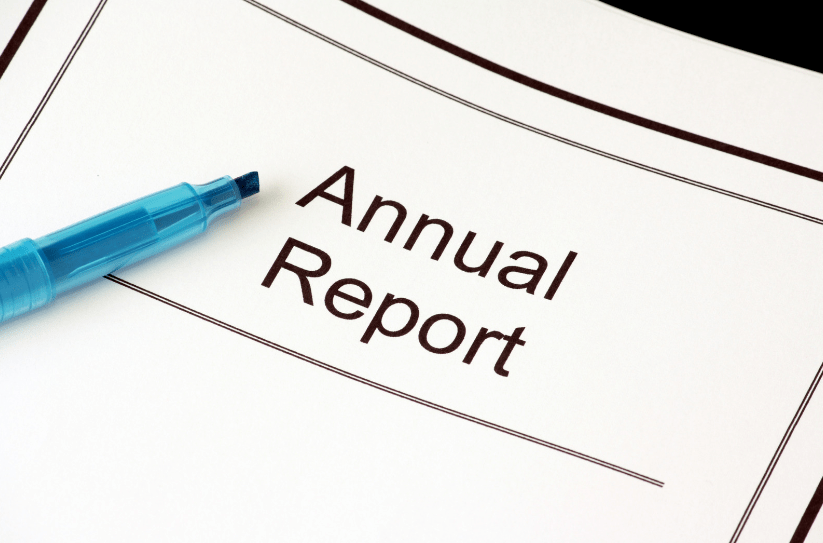What Annual Reports And Returns Does Your Charity Need To Make?

UK charities are subject to a range of annual reporting and accounting obligations, which differ from those of private sector businesses. An annual report is an official document that contains comprehensive financial information about your charity, including its operations and financial condition over the preceding financial year. Among other things, it is used to inform stakeholders of the charity's performance and progress over the year. Annual returns are also required in many cases and provide evidence of a company's yearly financial performance. In this article, we'll explain what annual reports and returns your charity needs to make, as well as how to file them correctly.
Do You Need To Prepare Annual Accounts?
Yes. All charities must prepare annual accounts, regardless of size, and these must be available on request., These must be filed at the Charity Commission along with the Trustees Annual Report (TAR) for all incorporated charities and all registered charities with income in the year exceeding £25,000
You must register your charity with the Charity Commission if its income is over £5,000 per year.
An annual return form is also required for all charitable incorporated organisations and all other registered charities with income over £10,000 in the year.
Additionally, all charities with an income exceeding £25,000 must ensure their accounts are independently examined or audited, depending on their annual income level. Staying aware of these rules and regulations will aid charities in creating accurate and transparent financial statements that align with legal requirements.
How To Prepare Financial Accounts For Your Charity
The preparation method of financial accounts depends on the charity’s income bracket and whether it is also registered as a company.
Charitable companies and non-company charities with an annual gross income of over £250,000 are required to prepare their accounts using the Accruals Basis. Accruals Basis means that income is recognised when it is earned, and expenditure is recognised when it is incurred, regardless of when it is received or paid. This means that you will need to record not only cash transactions but also transactions that have been invoiced or are due to be paid or received. These accounts must comply with the applicable Statement of Recommended Practice (SORP)
If your charity is not a company and has an annual income under £250,000, then you can use the Receipts and Payments Basis. This method only records transactions that involve actual cash movements. With Receipts and Payments Basis, you will need to record all cash inflows and outflows and the closing balances of your charity's bank accounts, investments, and cash held in hand.
Both methods of preparing accounts require the preparation of a TAR. The TAR should provide an overview of the charity's activities, its financial performance, and identify any risks and opportunities. The report should also include a summary of your charity's significant achievements throughout the year and any future plans or objectives.
Find Out More
If you’d like to know more about the reporting obligations for registered charities, please get in touch with one of our experienced Chartered Accountants at David Howard today. We offer a range of self-serve and bespoke accountancy services tailored to the needs of UK charities and small businesses, so please click here to discover how we can help.
Image source: Canva
Posts by Topic
- Accounting Services (58)
- Tax Services (57)
- Tax (50)
- Smart Accounting Services (34)
- Tax Return (29)
- Corporation Tax (26)
- COVID-19 (24)
- sme accounting (24)
- Clients (19)
- Switching Accountants (16)
- VAT (15)
- Making Tax Digital (13)
- News (13)
- Xero (13)
- Dividend Tax (12)
- bookkeeping (12)
- Payroll (10)
- Cloud Software (9)
- Capital Gains Tax (6)
- Inheritance Tax (3)
- Savings (3)
- Benefits In Kind (Employee Benefits) (2)
- Case Studies (2)
- Stamp Duty (2)
- Trust (2)
- Trust Account (2)
- GDPR (1)
- Insider (1)
- Lifetime ISA (1)
- Retirement Savings (1)
- Wear & Tear Allowance (1)

